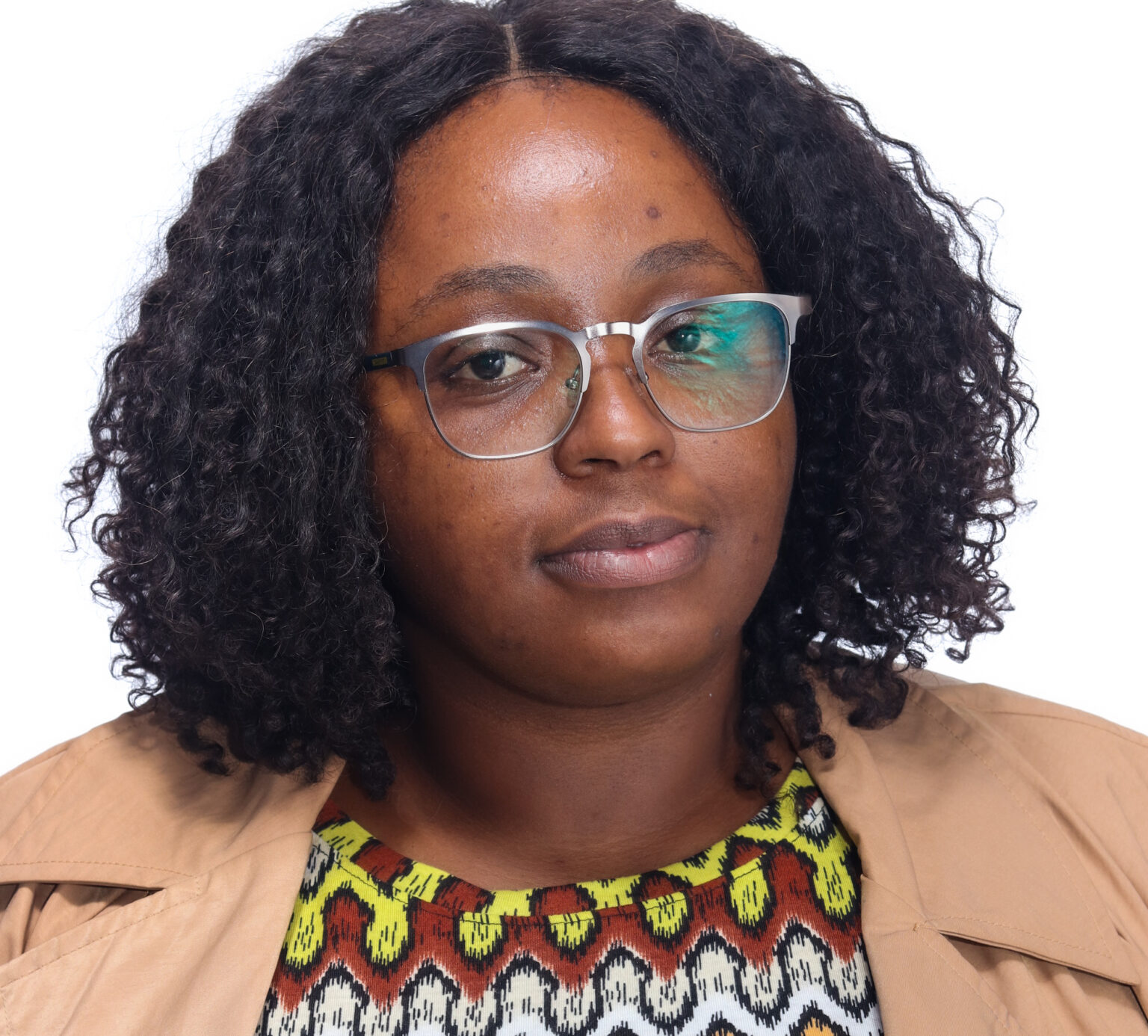By Linda Pona
You were likely just as surprised as me when water trickled from my tap on Monday morning, after almost two weeks without it. Seemingly, it took the threat of protest action for the municipality to give the town our fundamental human right, water.
Leading the protests on Monday were the youth, Rhodes University students, supported by religious leaders, community members and various organisations. When I first learned that the town’s young people would take a stand, I knew that change would happen, as this was one instance where the youth stood up against injustice.
South Africa has a long history of student protests dating back to pre-democracy when the youth of 1976 stood up against the apartheid government’s demand for Afrikaans as a medium of instruction. Because of those tragic events, we now commemorate the actions of those young people with Youth Day.
Other instances of protests in a democratic South Africa started with the “Rhodes Must Fall” movement in 2015, where University of Cape Town (UCT) students demanded the removal of Cecil John Rhodes’ statue. While seemingly a simple task, the protest was a call for transformation at the institution. This protest was a catalyst for the decolonisation of education in South Africa.
Following the Rhodes Must Fall Movement were the “Fees Must Fall” protests, which called for the end of student fee increases and for government to provide more financial assistance to students in their education. This would also ensure that lower-income households have access to education. Although not entirely where we should give good quality, affordable, if not accessible, education, the debate continues.
In all instances of youth protest, change is always likely to happen. Monday’s protests demonstrated youth’s power as Rhodes SRC president, Avuxeni Tyala, handed over the petition to the municipality, demanding such change.
Though democracy promises freedom, Monday’s protests show we are still far from true liberation because the government is not delivering on their promises. It’s up to the youth and community to hold them accountable. Ironically enough, the same government are the one that formed part of the youth of the 1976 Soweto Uprisings. What happened to their hope of a better tomorrow for all?
As we approach youth month, I would like to challenge the youth to think about themselves as an answer to change, as history has clearly shown.


